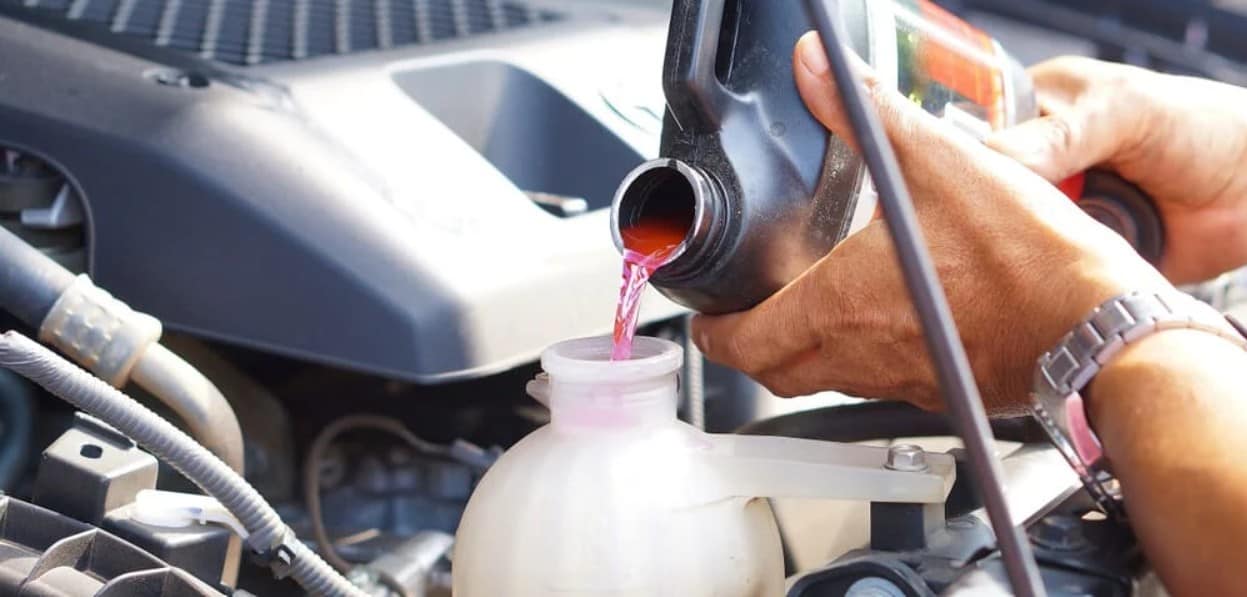
What Is The Transmission Control Module
The automotive world is very technical which can’t easily be understood by people who don’t have enough knowledge on technical integrities. Especially if I talk about the Transmission Control Module which interfaces with various systems and may go by different names, adding to the confusion for those not…




